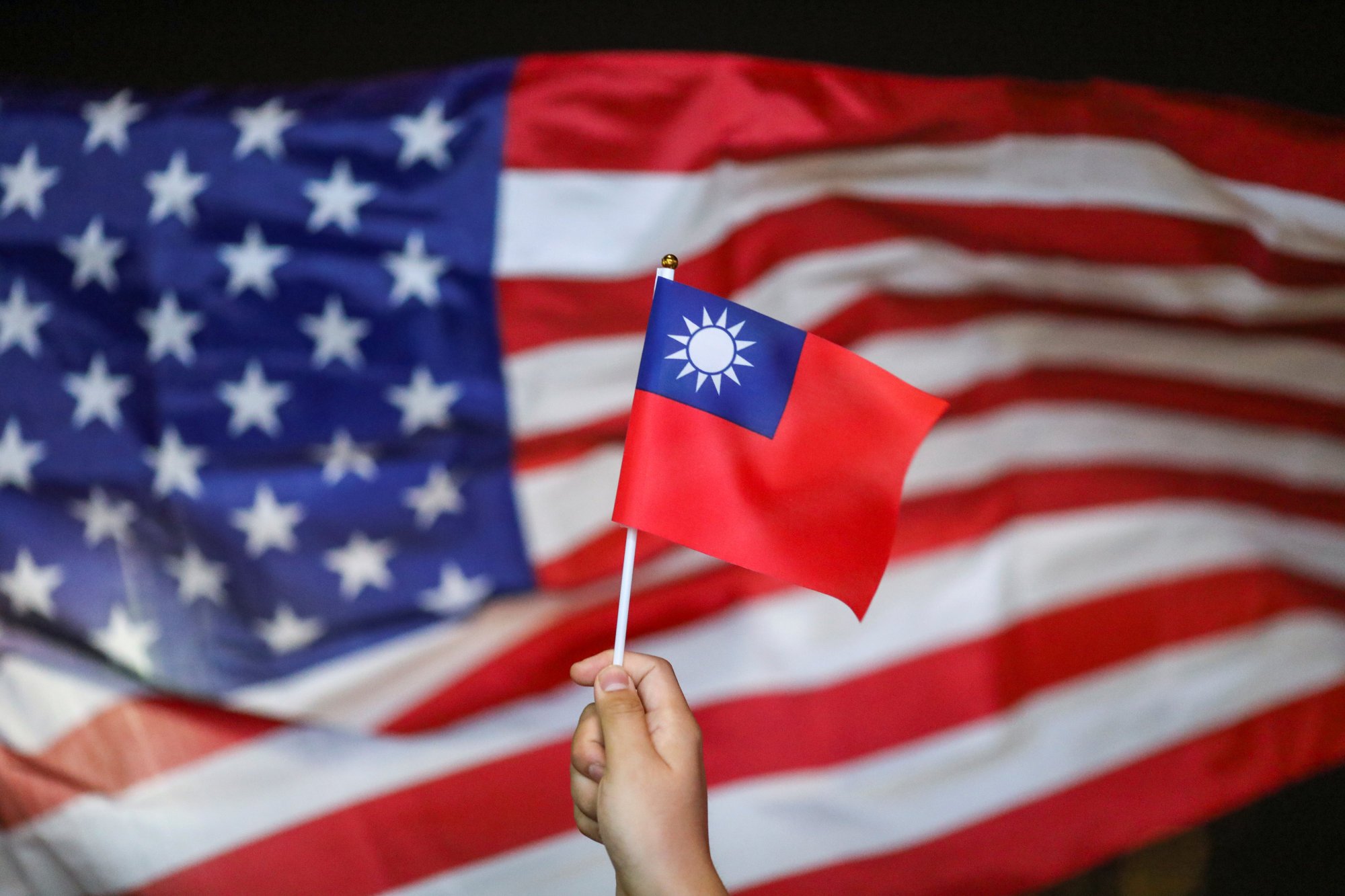Top US trade envoy says Taiwan won’t get a free trade deal with new market access or reduced tariffs
“We’re not doing that with anybody right now.”

“One goal is to expand the coverage, more topics like agriculture, labour,” said Deng.
“Second is the market access issue, that is tariffs. We hope that one day the US government is ready for tariff talk,” he added, referring to a Taiwanese hope of reducing tariffs and gaining new market access.
Tai on Thursday said the type of agreement Taiwan sought “may have been fit for the 80s and the 90s”, but that new “innovative” trade policies were needed now.
Taipei’s new envoy to US may be less effective than predecessor, analysts say
The US was dealing with “different” geopolitical tensions at a “different scale with different partners”, she added.
The existing pact, known as the US-Taiwan Initiative on 21st Century Trade, does not commit to any new market access or reduced tariffs. But it aims to ease customs and processing times for goods, address corruption and help small- and medium-sized enterprises.
Tai on Thursday said “excellent progress” had been made in the negotiations and that the US would “continue to look at building out those agreements, to have an arrangement with the Taiwan economy that is fit for the times”, which she described as “challenging”.
Taiwan, a self-ruled island that Beijing considers a renegade province, has become a major flashpoint between China and the US in recent years over increased American arms sales and high-level political engagement.
In June, as Washington boosted its trade cooperation with Taiwan, Beijing said it opposed any form of official contact between the island and other countries, including negotiating and signing any economic and trade agreements “with sovereign connotations and of an official nature”.
As tensions with Beijing rise, India’s engagement with Taiwan grows ‘by the day’
He said London and Washington “believe in unification of China and Taiwan”, but that “cannot happen in a way that involves force or violence or coercion”.
Cameron believed China had substantially changed since he led Britain from 2010 to 2016.
“It is a different China we’re dealing with, and we need to harden our systems and be very clear-eyed as a result,” he said, and that meant aligning “better with our allies, including the United States”.